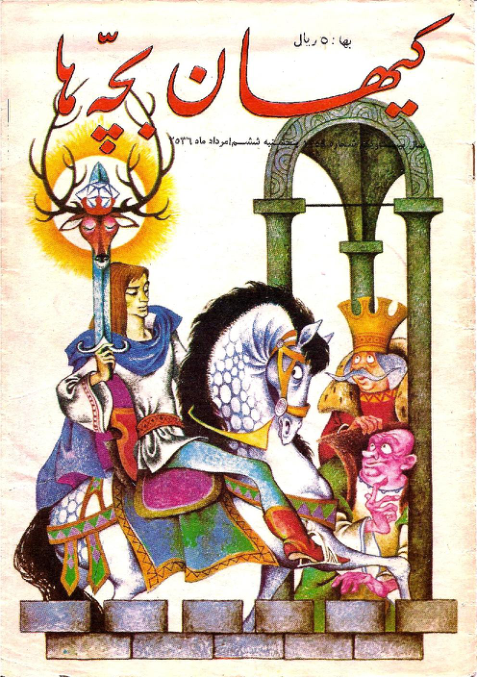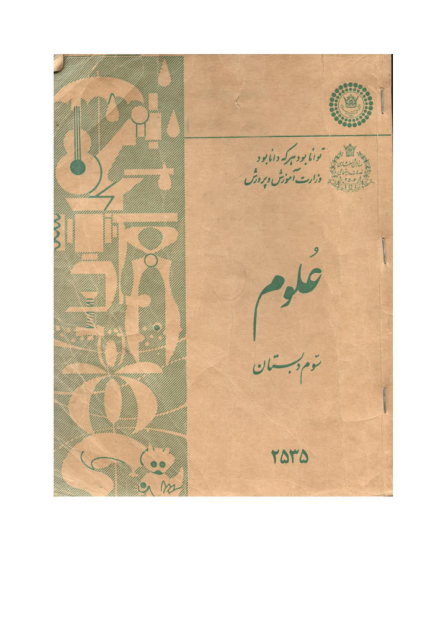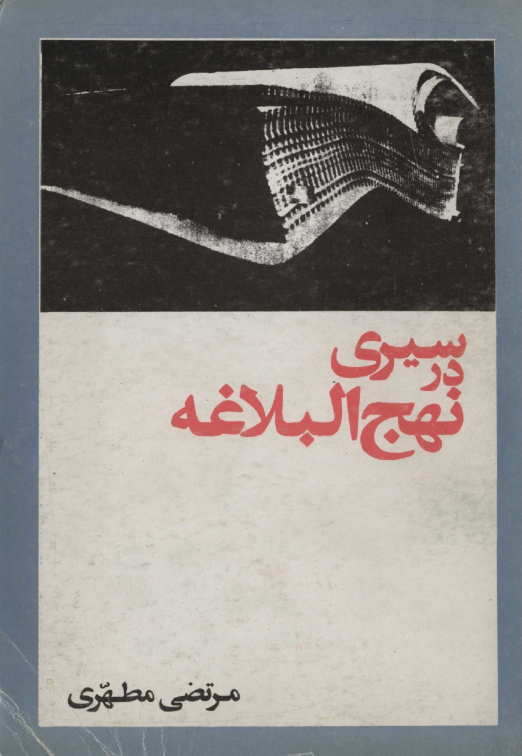Octavo. Decorated Cloth. Weber (1864-1920) was a sociologist whose intellectual interests found voice in a series of noteworthy studies covering an extremely wide range of modern social science from economics, politics, and administration to the sociology of religion, law, authority, leadership, and knowledge. Not least among his fields of inquiry was that of music; the present volume, translated from the German, is important to sociologists and musicians. It was Weber’s belief that social actions are stabilized through four types of action (rational, evaluative, emotional, and traditional) with the properties of the action being determined by the relation of means to ends. Music, as well as other fields of human action, is subject to these forces. Weber, in a tightly knit study, analyzes musical culture in terms of the rational and non-rational patterns it assumes. It is his thesis that the distinguishing feature which led to the development of Western music as contrasted with that of other cultures lies in its unusual development in this regional area of rational structural patterns. The properties of this musical rationality are examined, and the social and technical forces which played a role in its historical growth come under a closely reasoned scrutiny. The translators have provided a fifty-two page introduction summarizing his argument, together with copious references and editorial notes. 148 p. Originally published by Southern Illinois University Press, 1958
 کتاب سل Ketab Sell | کتاب سل، بزرگترین منبع کتاب و جزوههای دانشجویی
کتاب سل Ketab Sell | کتاب سل، بزرگترین منبع کتاب و جزوههای دانشجویی









Reviews
There are no reviews yet.